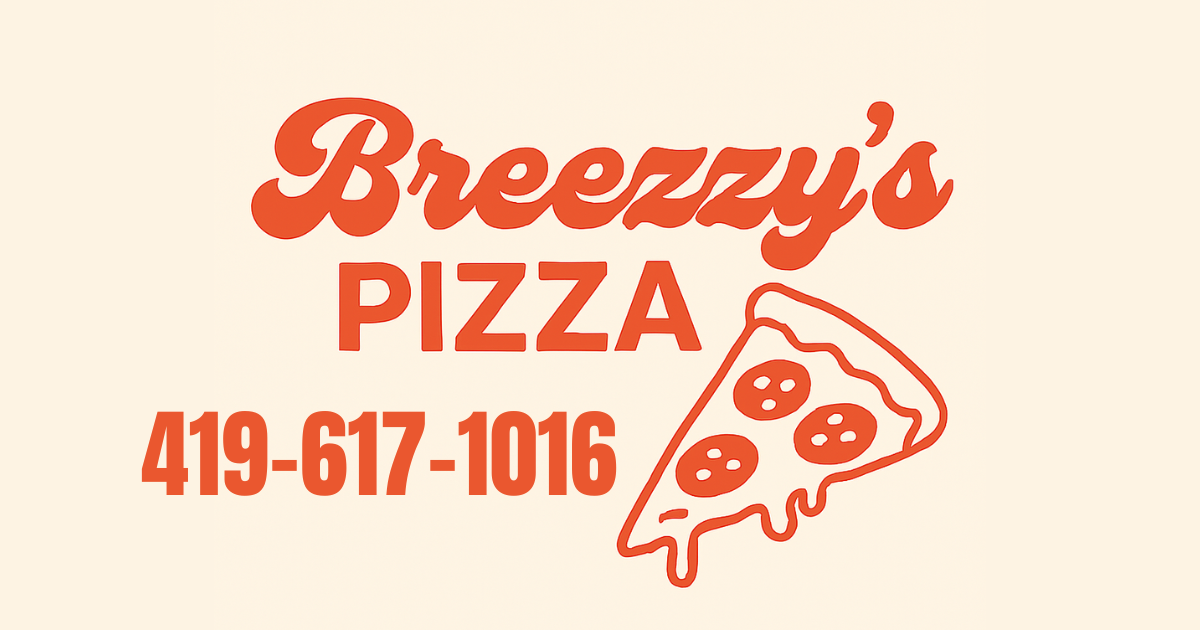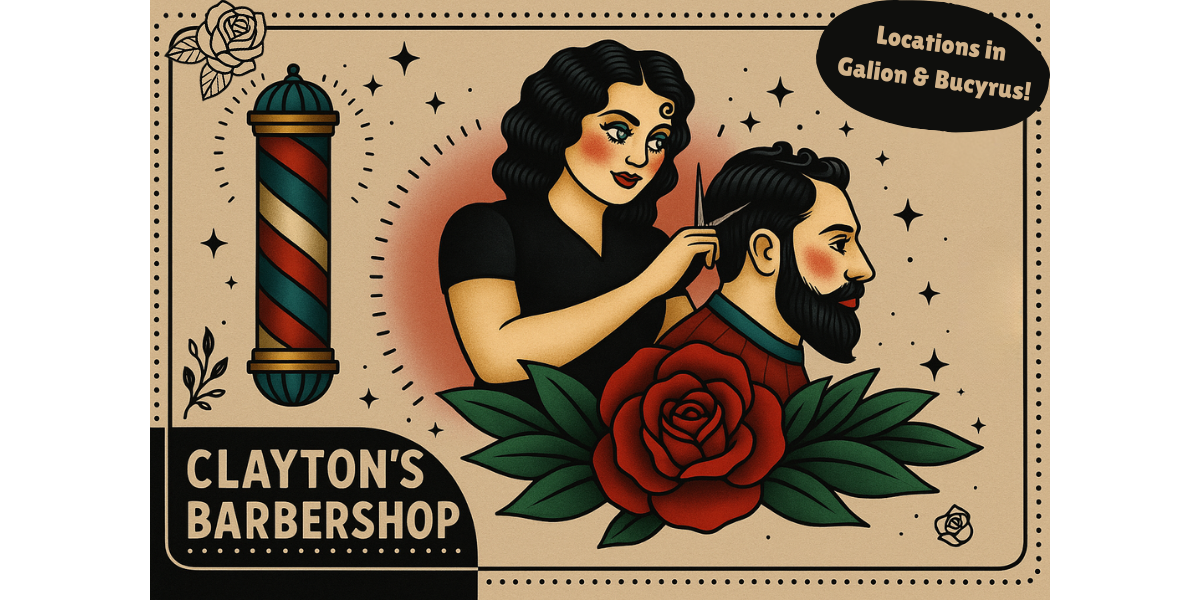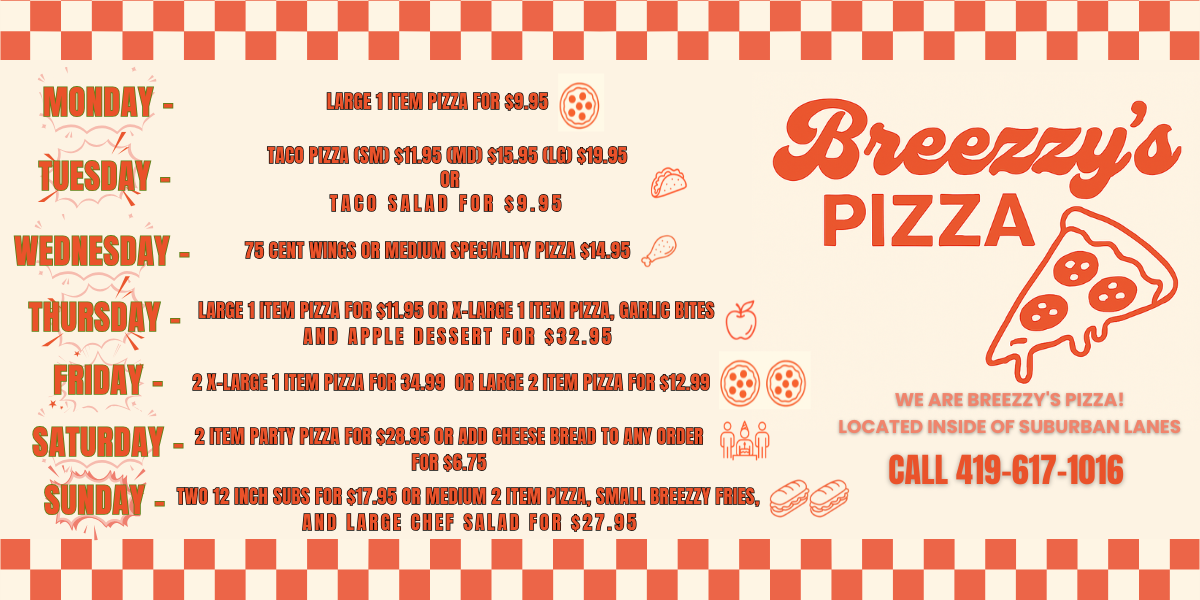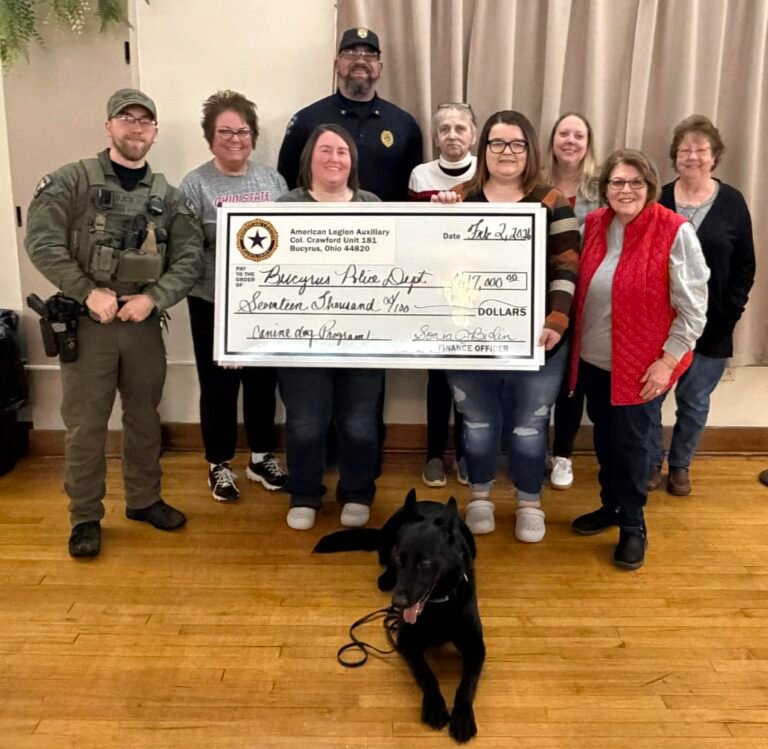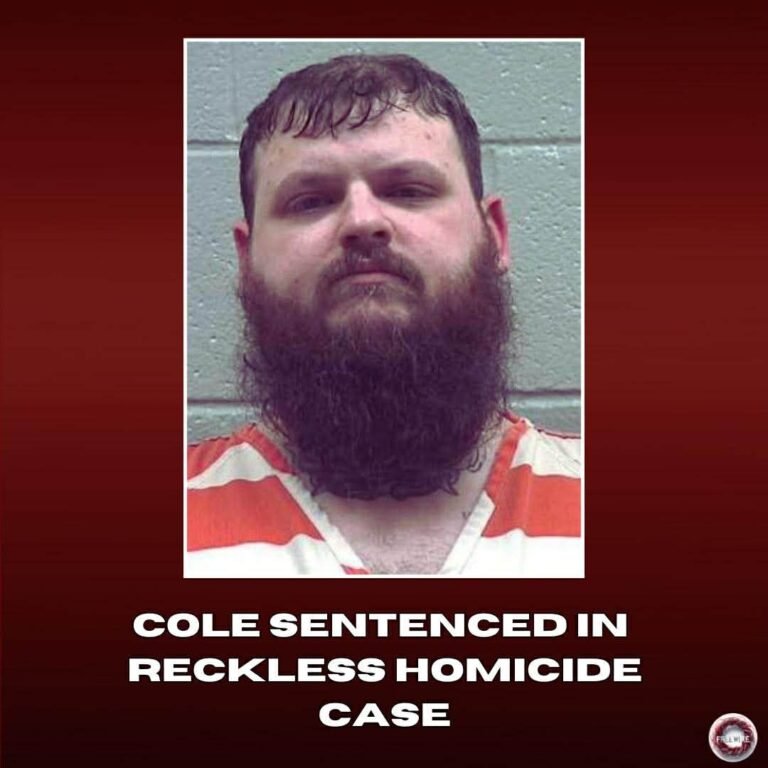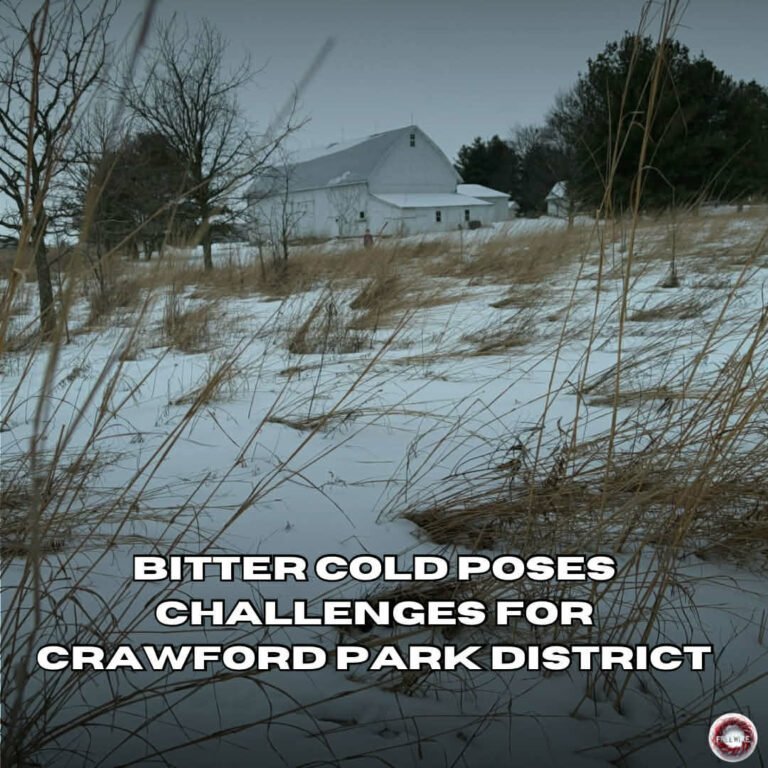The Bullying Epidemic Part 3
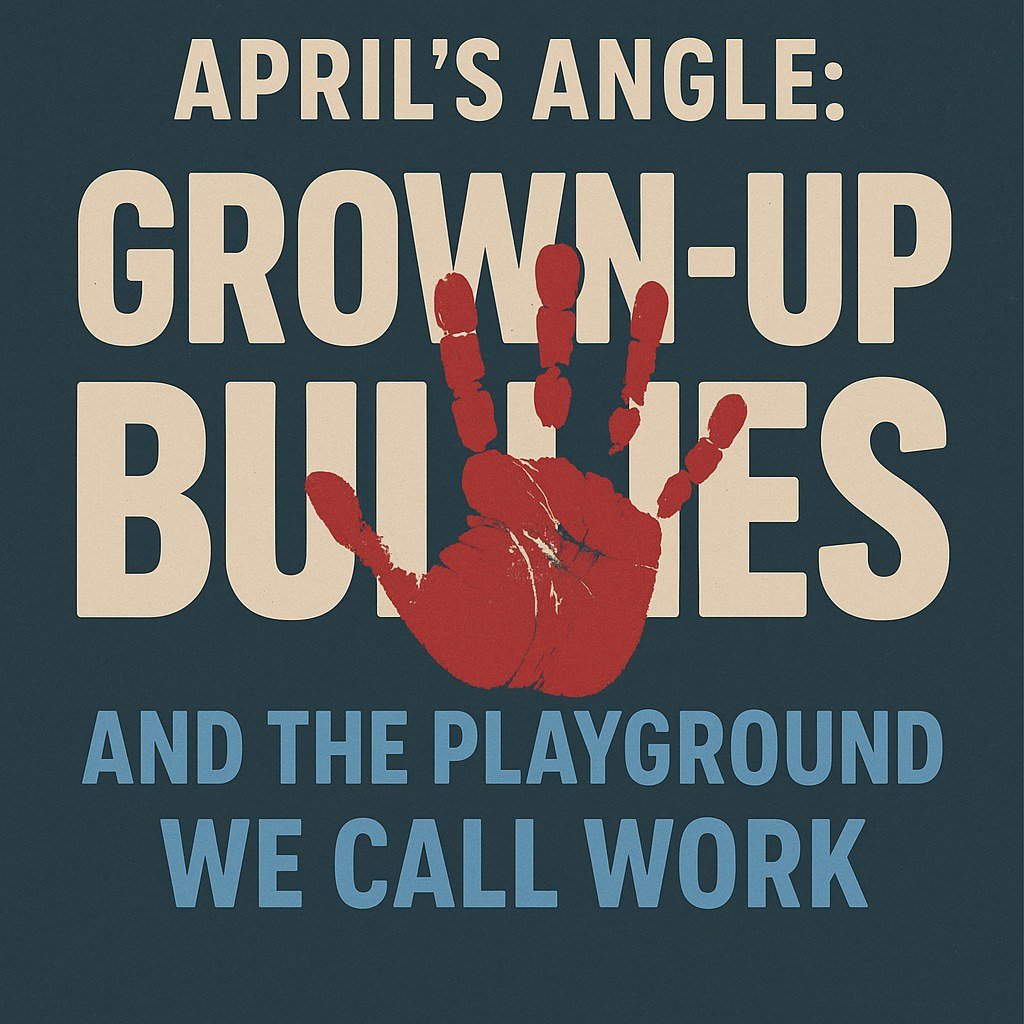
By April Rodgers, Content Coordinator
You walk into work, coffee in hand, ready to start the day. As you step inside, you see your coworkers chatting. One by one, they greet each other—“Good morning!” “Hey, how was your weekend?”—but when you say hello, there’s silence. No eye contact. No acknowledgment.
It’s as if you don’t exist. It’s subtle, but it’s deliberate. It feels just like high school. Workplace bullying isn’t just about yelling or name-calling.
It’s the longtime employee who acts like she’s in charge, bossing everyone around—then acting offended when someone questions her authority.
It’s the young kid, fresh into his first job, being berated in front of customers for making a simple mistake.
It’s the small group of employees in a tight-knit space, all following the lead of one person who decides who fits in—and who doesn’t.
Sometimes, it’s about being different. The wrong gender. The wrong race. The wrong religion. The wrong pronouns. Not wrong in reality, of course, but “wrong” in the eyes of someone who’s decided you don’t belong.
Of course, you can always go to your boss or HR. That’s what they tell you to do, right? But then comes the fear of retaliation. Sure, there are “no retaliation” policies on paper, but this is real life. Subtle punishments show up in schedules, assignments, and scrutiny that wasn’t there before. If your boss isn’t the one causing the problem, maybe they’re afraid of becoming the next target.
Let’s ask the real question: Is this any different from the bullying we condemn in schools?
The cliques, the exclusion, the power plays? We teach kids that bullying is wrong, yet some adults walk into work—and do the exact same thing.
Where do kids learn it?
Maybe it’s not just from the playground or school hallways. Maybe it’s from watching the adults they trust go to work and navigate toxic environments—where silence is power and cruelty hides behind professionalism.
We tell children to speak up, be kind, and include others. But what are we showing them? If we want a better generation of kids, we have to model that behavior as adults. Every. Single. Day.
The next time you see someone being isolated, ignored, or mistreated—say something. Speak up. Stand beside them. Stop being part of the problem—and start being part of the solution.
About the Author, April Rodgers FreeWire Magazine/Content Coordinator

April Rodgers is a 1992 graduate of Bucyrus High School. She is the mother of four sons -Christian, Chase, Cameran, and Cory-and has been married to her high school crush, Art, for 11 years. She is also a proud pet mom to two fur babies: Woollee Bear, a Yorkshire Terrier, and Maverick, a rescued stray cat. She is the daughter of Harold Rodgers and Judy and Robert Dewalt. In her spare time, April enjoys shopping, traveling, and spending time with her family. A passionate reader, she loves The Shopaholic Series by Sophie Kinsella and proudly calls herself a shopaholic-just ask her Amazon driver! She also enjoys watching movies, with The American President being her all-time favorite. Her favorite quote comes from Josh Allen, MVP Buffalo Bills QB: ‘Be good, do good, God bless, and go Bills!’


